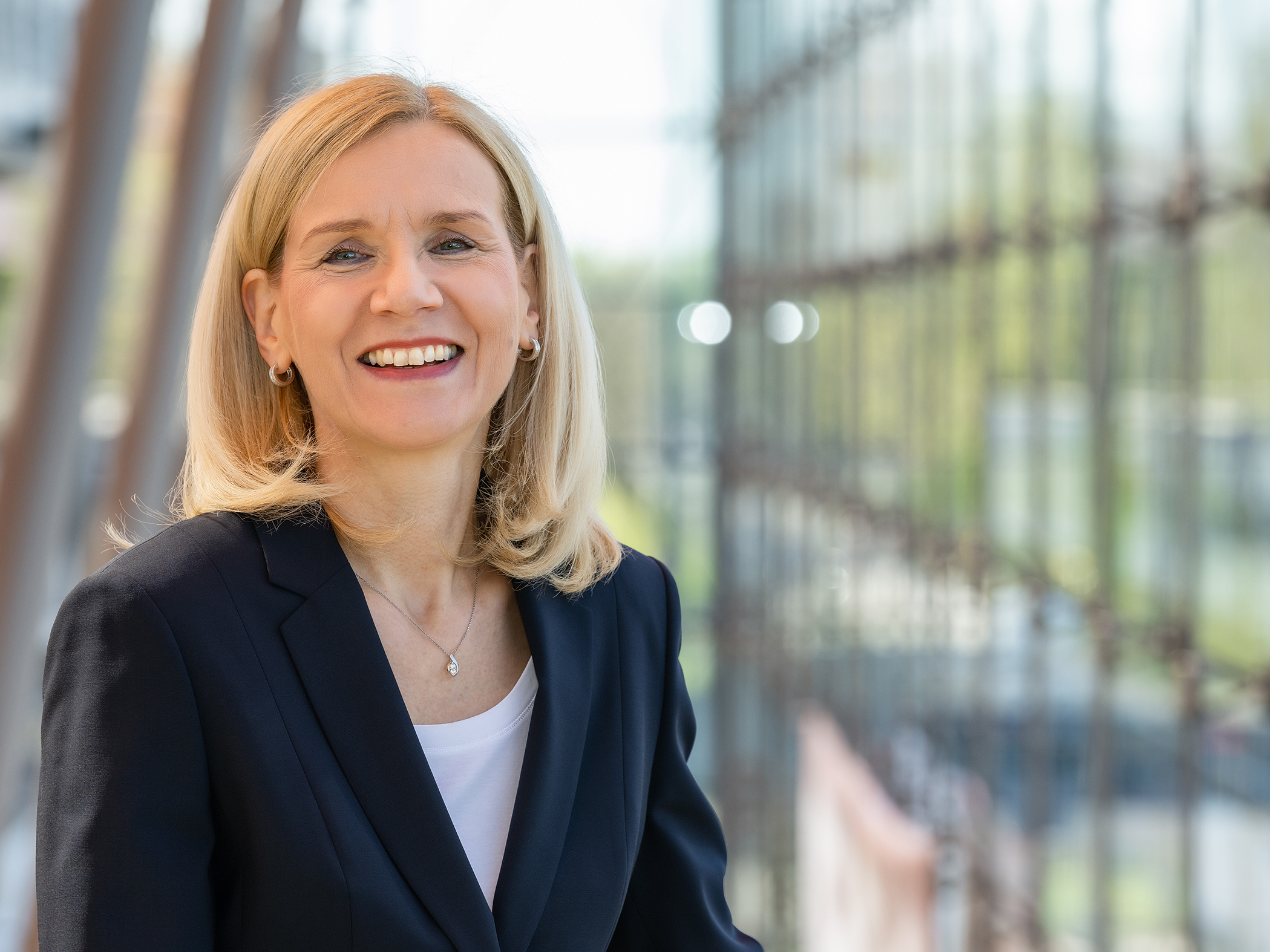By Jutta Günther, President of University of Bremen
Dear friends of YERUN,
As 2023 draws to a close, we in Bremen are particularly pleased about several sustainability milestones. Firstly, the University of Bremen recently came 10th out of over a thousand participating universities in the international “UI GreenMetric World University Ranking” sustainability ranking. Secondly, on November 15, the Academic Senate, our university’s most important committee, adopted a new mission statement that places sustainability and social responsibility at the heart of the university’s actions. These two events stand as examples of a year in which we have dedicated ourselves to the topic of sustainability in many ways.
In March, the BreGoS (“Bremen goes sustainable”) project celebrated its kick-off event. Together with the other state universities in Bremen, BreGoS is developing specific sustainability measures. For example, students and administrative staff are working together to support biodiversity on our campus. In addition to BreGoS, we opened a sustainability office, the Green Office, in May. Thanks to the Green Office, all students and employees now have a point of contact where they can get involved in sustainability.
Sustainability does not stop at national borders, but is an international matter. This can be seen in the many collaborations with European partners in which the University of Bremen is involved. This year, for example, students from the Universities of Bremen and Cardiff met as part of the Bremen-Cardiff Initiative on Sustainability & Entrepreneurship. For ten days, they developed sustainable business ideas in interdisciplinary teams, which they then presented to a jury.
I was also able to celebrate a number of great successes in research this year – including the awarding of an ERC Synergy Grant to climate modeller Professor Gerrit Lohmann. Together with researchers from Norway, he is working on the project “Into the Blue – Resolving past Artic Greenhouse Climate” to investigate how the Arctic will develop with increasing global warming and what an ice-free Arctic means for our society – in paleoclimatic, environmental, and marine geological terms.
All these examples make it clear that the topic of sustainability in its ecological, social, and economic dimensions affects us all – researchers, technical and administrative staff, and students, both in Bremen and at other universities around the world. My wish for the year 2024 is that we continue to work together on this topic and that such diverse and important initiatives continue to develop and thrive.










